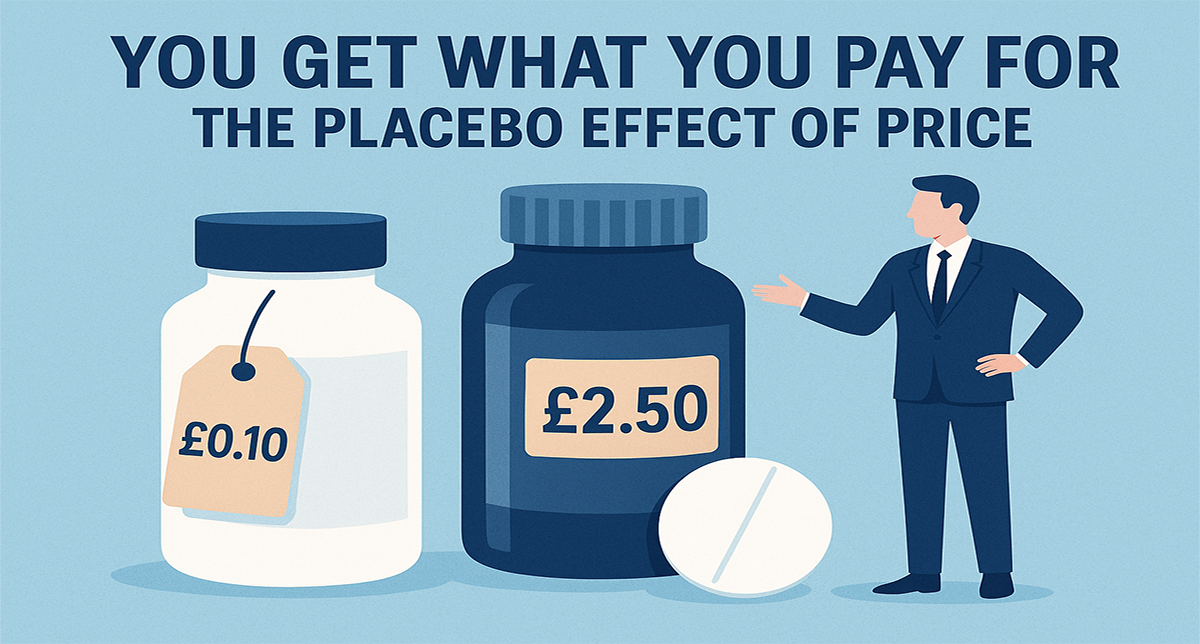Understanding the endowment effect
The endowment effect occurs when we overvalue something that we own, regardless of its objective market value (Daniel Kahneman et al., 1991). This is especially true for things that wouldn’t normally be bought or sold on the market, usually items with symbolic, experiential, or emotional significance. Research has been conducted with goods ranging from coffee mugs (Daniel Kahneman et al., 1990) to sports cards.
Let's take the coffee mugs research; people who were asked to sell a coffee mug they owned wanted much more than buyers (who didn't own the mug) were prepared to pay for it. Selling price and buying price reflect two concerns:
1. Firstly, people don’t want to sell for less than their own value of an item
2. Secondly, people don’t want to buy the mug for more than the market price

Examples of the endowment effect
Car showrooms offer an option to take a car for a test drive. According to statistics 88.6% of potential buyers are using this option and taking a test drive. When potential buyers take the car for a test drive, the endowment effect begins to influence. They pretend to be the real owners of the car and as a result, are ready to spend more money on it because of theiattachment.
Another example could be seen in making a purchase at a relatively modest price then being offered more than its current market value to sell it. The endowment effect might compel the owner to refuse this offer, despite the enticement of monetary gain. Rather than take payment, the owner may choose to wait for an offer that meets their expectation or never sell the product! The actual ownership has resulted in the individual overvaluing the item.
The psychology behind the endowment effect
Research has identified two main psychological causes of the endowment effect:
- Loss aversion: shoppers are far more sensitive to price increases than they are to price decreases, leading to shoppers to prefer avoiding losses to acquiring equivalent gains - the endowment effect may cause a person to overvalue an item because they want to avoid a loss.
- Ownership: people value items they already own more than a similar item they do not own. It does not matter if the object in question was purchased or received as a gift; the effect still holds.

The endowment effect in retail
The endowment effect means retailers must consider differing approaches to selling to cater to shoppers' psychological influences.
- Try before you buy – One of their most famous ways to attract shoppers is to let them play with products for an unlimited amount of time.
- Try anything you like - In clothing stores, let shoppers try whatever they like. A shirt that hangs on a hanger might appear expensive, but when a potential buyer tries and likes it, the sense of ownership influences their price perspective.
- Click now, pay later - Online stores are starting to use the endowment effect too by offering the customer to pay only after delivery. This way they mimic the offline commerce experience by providing the option to try the product first and to pay later.
The endowment effect online
This emotional bias isn't just prevalent in the 'real world' with tangible assets, designers often apply this effect to product and web design to influence user behaviour. When crafting a user experience, website designers can apply the endowment effect as something that will increase customer retention.
For example, after accepting a free trial period of a digital product, users may begin to feel a connection to the platform, as though they 'own' it. They have built an attachment to it and it has become part of their everyday lives. As a result, they will be more likely to pay to continue using it when the free trial runs out.
To look at this from the opposite perspective, this is why it is difficult to convince customers to switch from a current provider to a new provider - they already find the product/service satisfactory and have built an attachment.
Dangers of the endowment effect
As previously mentioned, owners tend to overvalue something based on emotion or perceived benefits. This, in turn, can lead to poor financial decisions of investments. For example, the owners of collectible items, who perceive their possession to be more important than any market valuation, may miss out on the opportunity to sell, even at a truly above-market-value offer because their own valuation still far exceeds this.
Summary
The endowment effect is an important emotional bias that you can deploy with your brand. But think about your aim. What behavioural change you would like to achieve? Then use the endowment effect to make your brand ‘valuable’ to shoppers.






